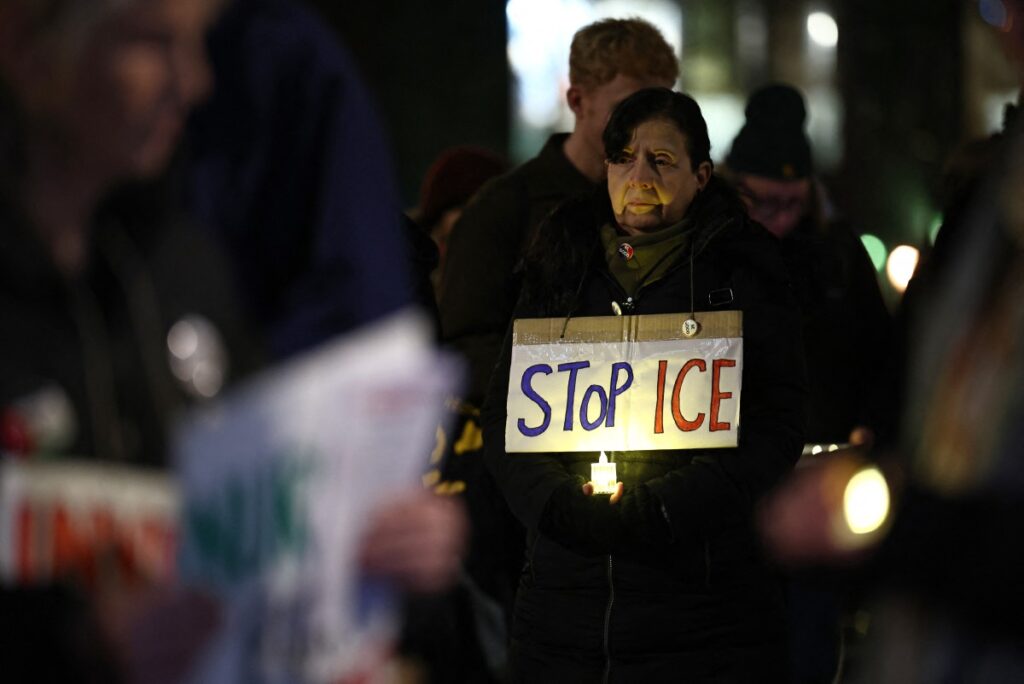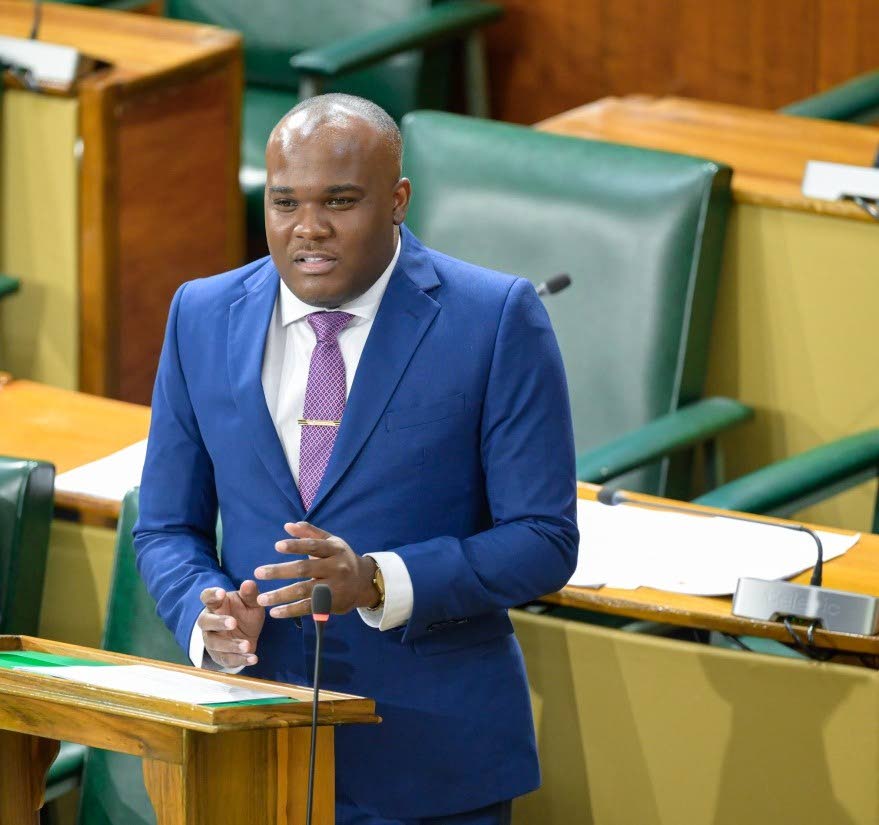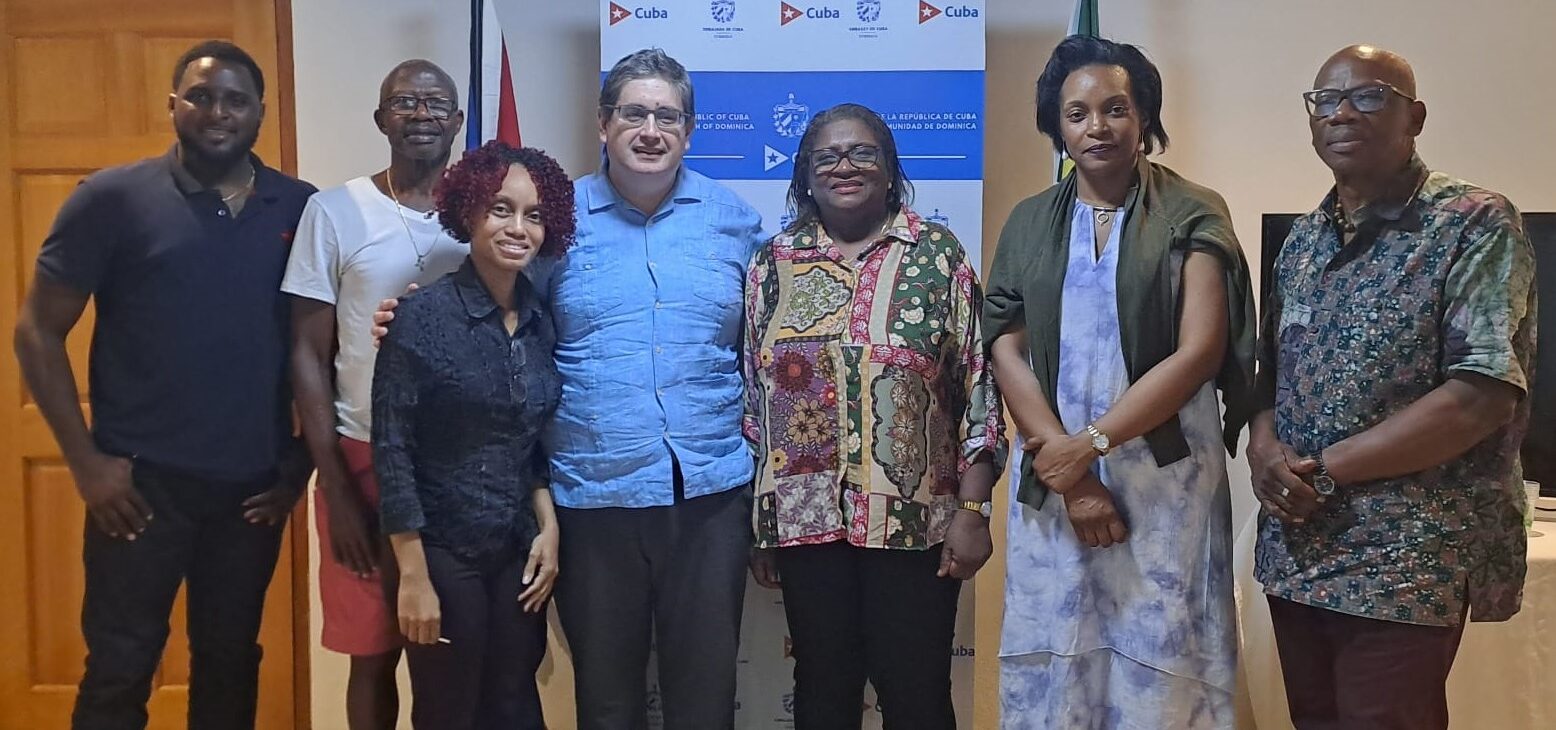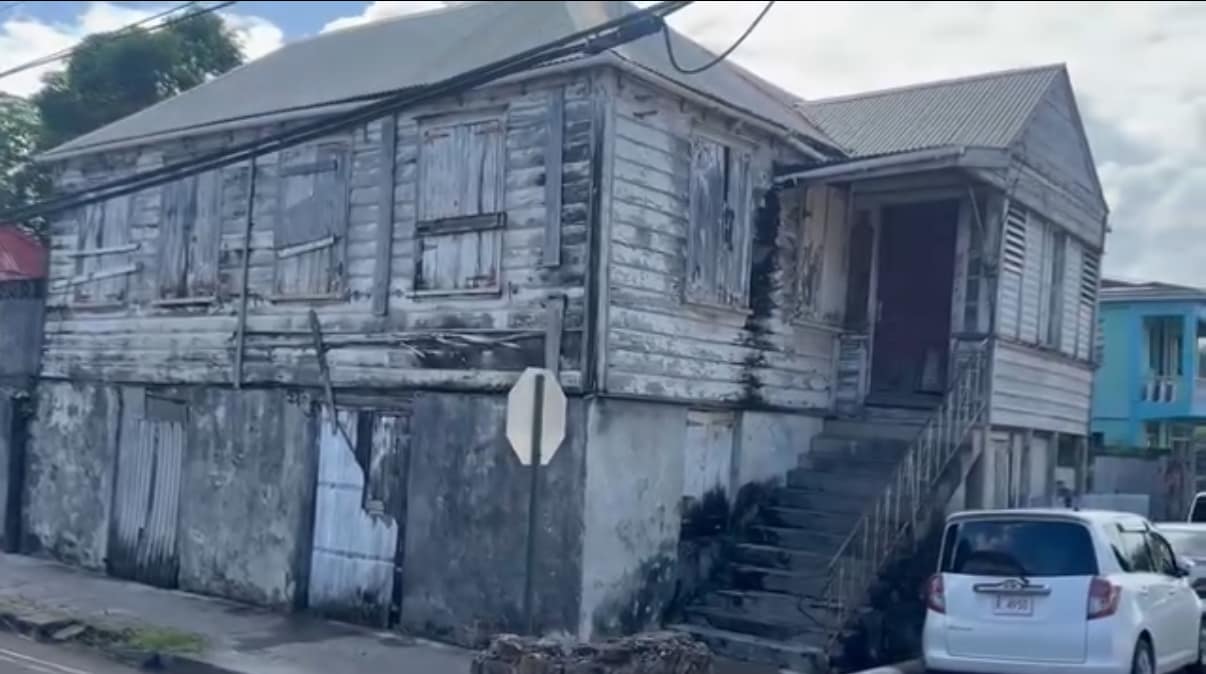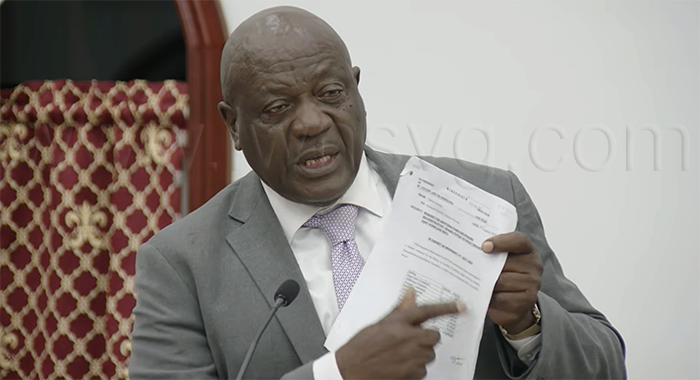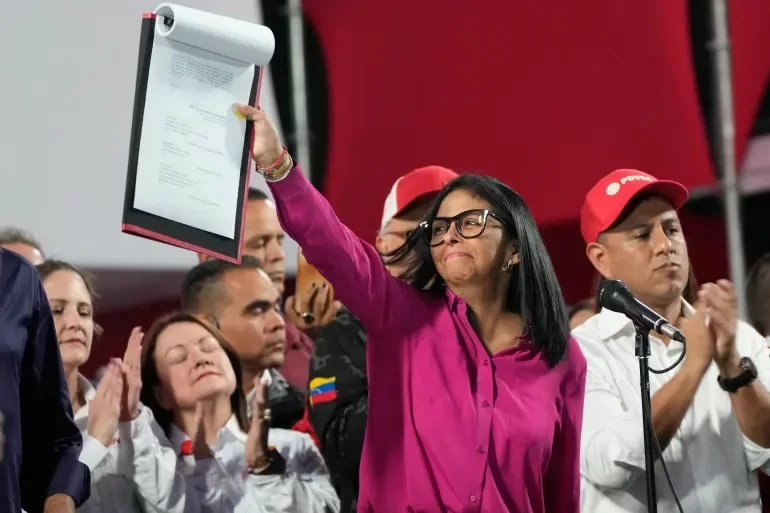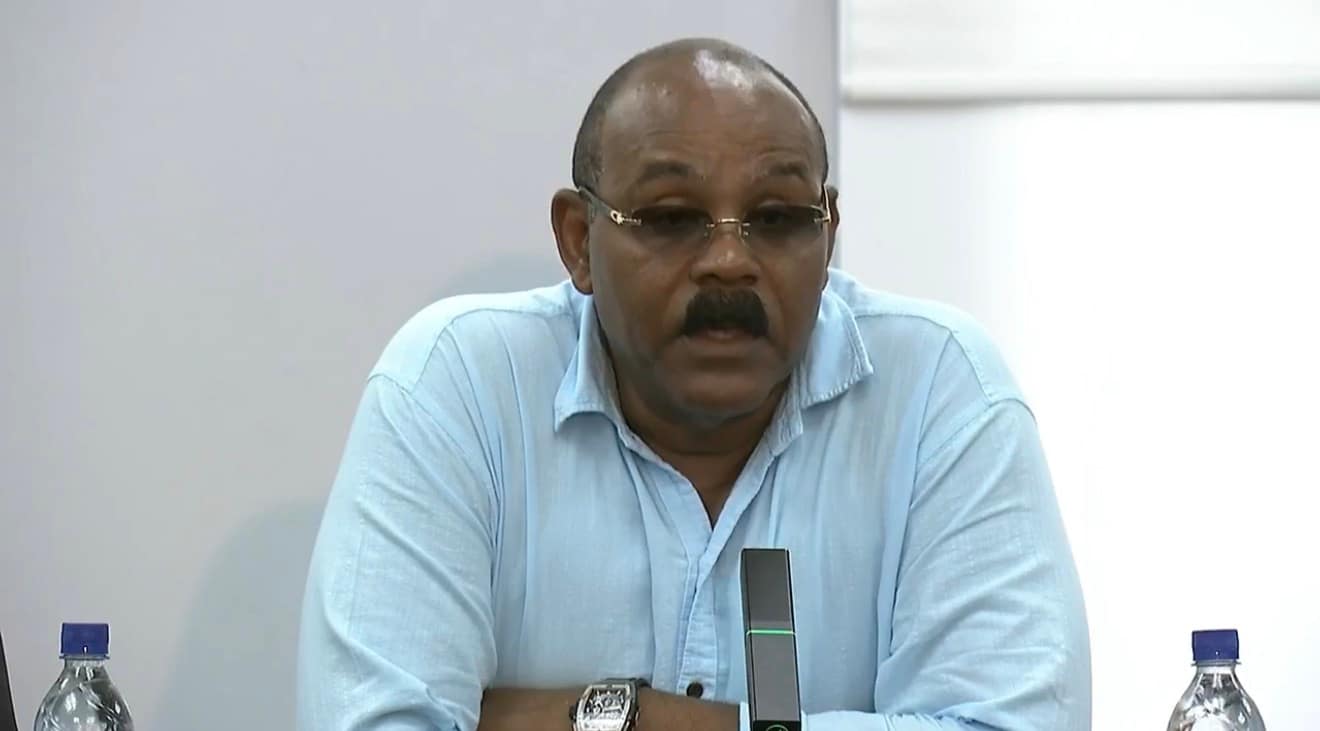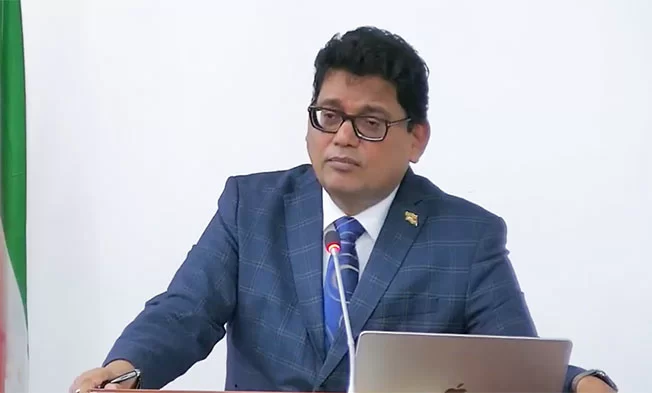A federal court in Minnesota has rejected the state’s emergency motion to suspend Immigration and Customs Enforcement (ICE) operations that have triggered widespread controversy. U.S. District Judge Katherine Menendez ruled Saturday that Minnesota failed to demonstrate sufficient justification for a temporary restraining order against the federal enforcement initiative known as ‘Metro Surge.’
The judicial decision comes amid escalating tensions between state authorities and federal immigration officials. Minnesota’s legal challenge argued that the month-long operation, which involved targeted sweeps through communities seeking undocumented migrants, violated state sovereignty. The enforcement actions resulted in thousands of detentions and two fatal shootings of U.S. citizens by masked, heavily armed agents, generating national outrage.
In her ruling, Judge Menendez determined that ‘the balance of harms does not decisively favor an injunction,’ while explicitly noting that her decision did not constitute a final judgment on the overall case. The court also refrained from determining whether the controversial enforcement operation violated any laws.
The ruling follows massive demonstrations where tens of thousands of Minnesotans protested the ICE operations. Minneapolis Mayor Jacob Frey expressed disappointment with the court’s decision, stating that ‘fear, disruption, and harm caused by a federal operation that never belonged in Minneapolis’ would continue to affect communities regardless of the legal outcome.
The controversy prompted personnel changes at the federal level, with President Trump replacing Customs and Border Protection commander Gregory Bovino with Tom Homan, who pledged to scale back operations under certain conditions. Legal experts note that Minnesota’s case centers on allegations that the federal government is attempting to coerce state compliance through immigration enforcement tactics.
Justice Department officials celebrated the ruling as a significant legal victory, with spokesperson Pam Bondi declaring that ‘neither sanctuary policies nor meritless litigation will stop the Trump Administration from enforcing federal law in Minnesota.’
